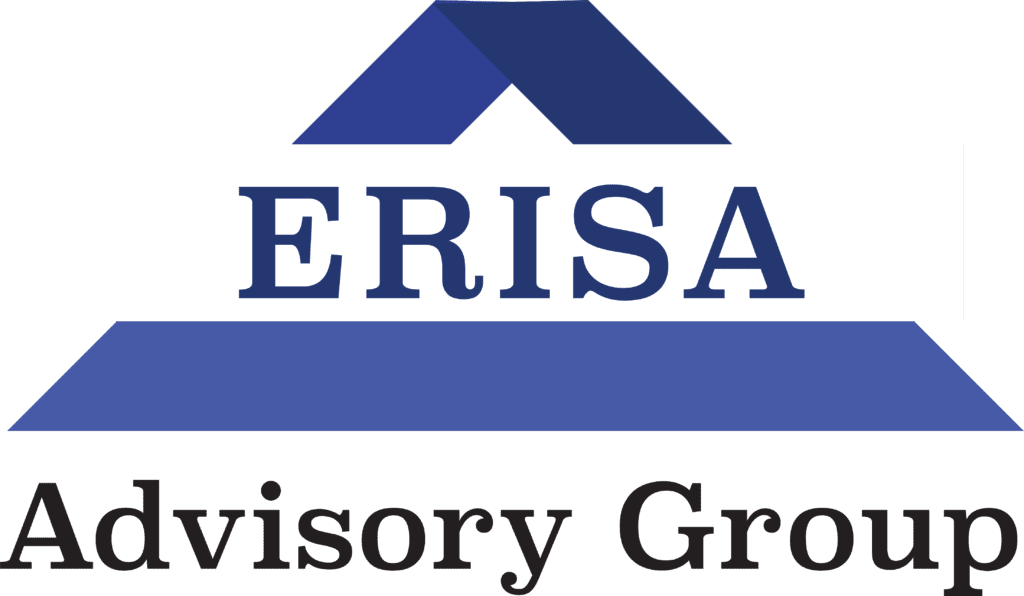Have you considered how a Pooled Plan Provider (PPP) play a central role in the administration of Pooled Employer Plans (PEPs) and takes on significant fiduciary responsibilities?
Acting as a fiduciary means that the PPP is legally required to act in the best interests of the plan participants and beneficiaries. Here’s how a PPP acts as a fiduciary:
Fiduciary Duties of a Pooled Plan Provider
- Plan Administration:
- Oversight of Plan Operations: The PPP is responsible for overseeing all operational aspects of the PEP, ensuring that the plan runs smoothly and in compliance with applicable laws and regulations.
- Compliance: The PPP ensures that the PEP complies with the Employee Retirement Income Security Act (ERISA), the Internal Revenue Code, and other relevant regulations. This includes managing plan filings, reporting, and disclosures to regulatory bodies like the Department of Labor (DOL) and the Internal Revenue Service (IRS).
- Investment Management:
- Selection and Monitoring of Investments: The PPP has the duty to select and monitor the investment options available within the plan. They must ensure that the investments are diversified and suitable for the participants, and they must regularly review the investment performance and make adjustments as necessary.
- Prudent Investment Practices: The PPP must follow the “prudent person” standard, meaning they must act with the care, skill, prudence, and diligence that a knowledgeable person would use in similar circumstances.
- Participant Communications:
- Providing Information: The PPP must ensure that participants receive accurate and timely information about their plan options, investments, fees, and other relevant aspects of the plan.
- Education and Support: The PPP often provides educational resources and support to help participants make informed decisions about their retirement savings.
- Fiduciary Oversight:
- Duty of Loyalty: The PPP must act solely in the interest of plan participants and beneficiaries, avoiding conflicts of interest and self-dealing.
- Duty of Care: The PPP must execute its responsibilities with the appropriate level of care, diligence, and skill.
- Handling Contributions and Distributions:
- Processing Contributions: The PPP is responsible for ensuring that employer and employee contributions are properly collected and allocated to participants’ accounts.
- Managing Distributions: The PPP oversees the distribution of benefits to participants, ensuring that payments are accurate and timely.
Benefits of PPP Acting as a Fiduciary
- Reduced Employer Burden: By taking on significant fiduciary responsibilities, the PPP reduces the administrative and compliance burdens on the participating employers. This makes it easier for smaller employers to offer a retirement plan without needing extensive in-house expertise.
- Enhanced Plan Governance: With the PPP handling fiduciary duties, there is a higher likelihood of maintaining rigorous standards of plan governance and compliance, which can protect participants’ interests.
- Professional Management: PPPs typically bring professional expertise to the management of the plan, which can lead to better investment outcomes and operational efficiencies.
Conclusion
A Pooled Plan Provider acts as a fiduciary by assuming comprehensive responsibilities for the administration, compliance, and management of a Pooled Employer Plan. This fiduciary role is critical in ensuring that the plan operates in the best interests of participants and beneficiaries, providing a layer of protection and expertise that benefits both the employers and their employees.
With 29 years of experience, the ERISA Advisory Group excels in managing ERISA fiduciary issues for plan sponsors and fiduciaries. We serve as a Pooled Plan Provider Fiduciary for many clients and invite you to reach out and let us share our knowledge and experiences with you.
Why not also view our previous blog about the pros and cons of Single Employer Plans (SEP), Multiple Employer Plans (MEP), and Pooled Employer Plans (PEP) and what it means to your fiduciary duties with each type of retirement plan offering.
